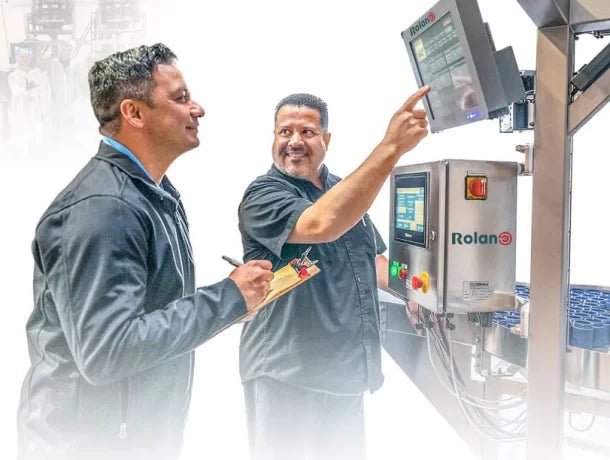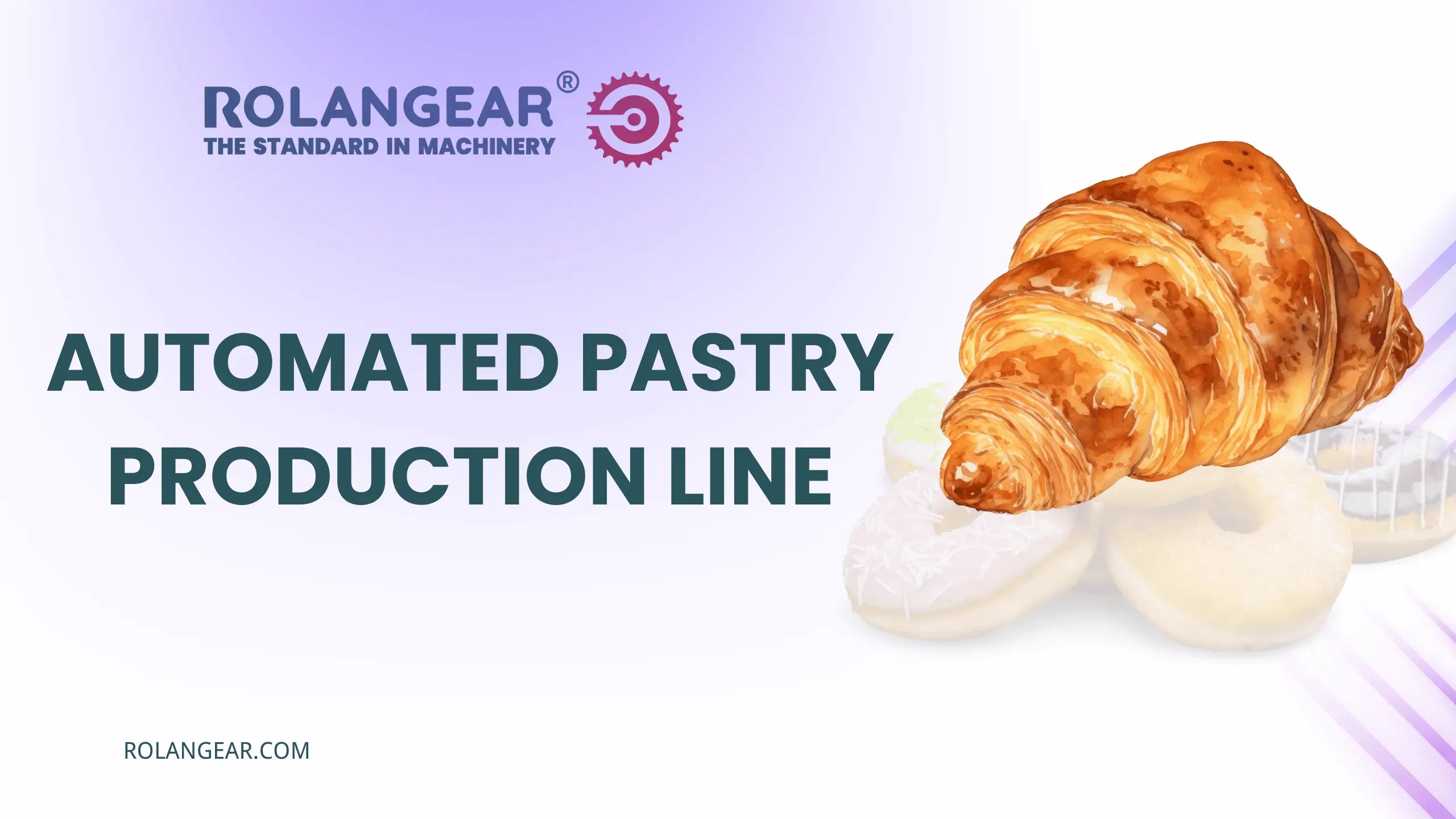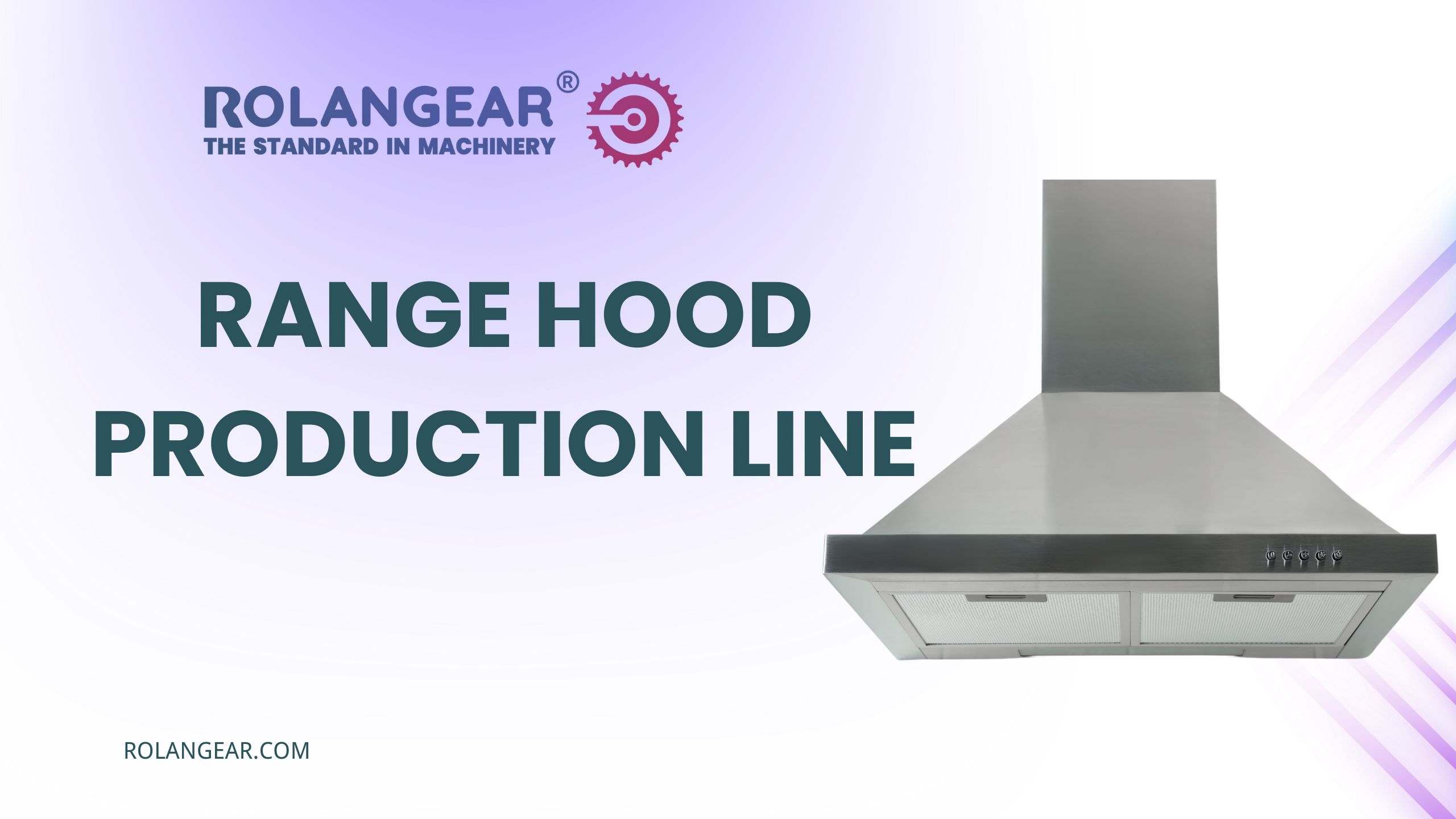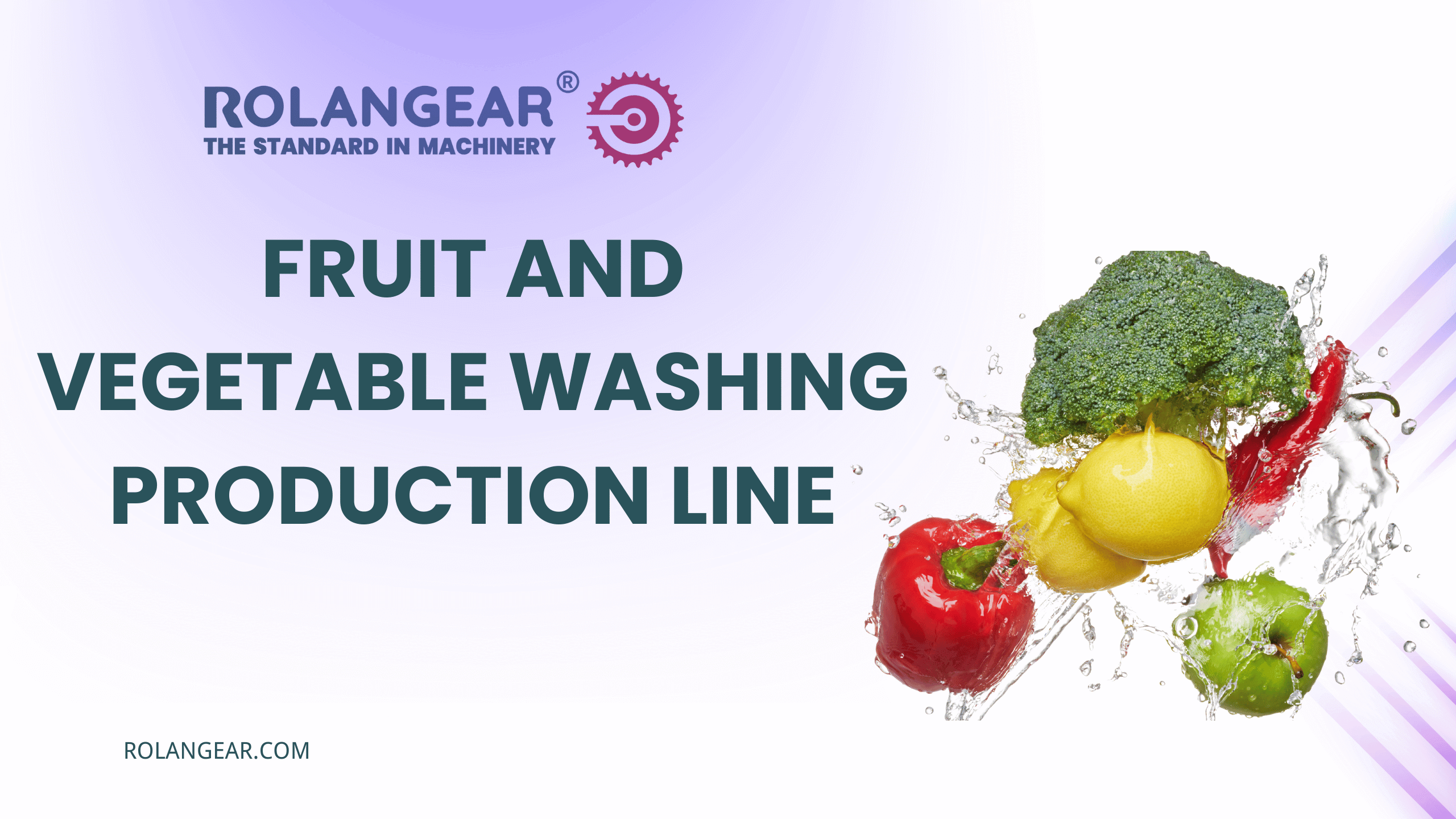Automated Pastry Production Line

In today's fast-paced food industry, the demand for consistent, high-quality pastries is ever-growing. Traditional baking methods, while cherished for their artisanal touch, often fall short in meeting large-scale production needs. Enter Rolangear's automated pastry production line—a state-of-the-art solution designed to streamline the baking process, ensuring efficiency, precision, and scalability.
The Evolution of Pastry Production

Historically, pastry production was a labor-intensive process, relying heavily on skilled artisans to mix, shape, bake, and package products. While this method produces delightful results, it poses challenges in consistency, speed, and scalability. Recognizing these limitations, Rolangear has developed an automated system that maintains the quality of traditional baking while addressing the demands of modern production.
Key Features of Rolangear's Automated Pastry Line

1. Precision Mixing and Ingredient Handling
At the heart of any pastry is its dough. Rolangear's automated mixers ensure that ingredients are combined with exact measurements, resulting in consistent texture and flavor. Advanced sensors monitor the mixing process, adjusting parameters in real-time to accommodate variations in ingredient quality or environmental conditions.
2. Automated Dough Sheeting and Forming
Once mixed, the dough is transferred to sheeting machines that roll it to precise thicknesses. Automated cutters then shape the dough into desired forms, whether for croissants, danishes, or other pastries. This automation ensures uniformity in size and shape, critical for both aesthetic appeal and consistent baking.
3. Filling and Layering Systems

For filled pastries, Rolangear's systems incorporate automated depositors that accurately place fillings such as creams, jams, or chocolates. Layering mechanisms can also assemble multi-layered pastries, ensuring even distribution and alignment.
4. Proofing Chambers

Proper fermentation is essential for certain pastries. Rolangear's proofing chambers maintain optimal temperature and humidity levels, allowing dough to rise consistently. Automated conveyors move products through these chambers, ensuring precise proofing times.
5. High-Efficiency Baking Ovens

Baking is a critical step where precision impacts the final product's taste and texture. Rolangear's convection ovens offer uniform heat distribution, adjustable temperature zones, and programmable baking cycles. This ensures each pastry is baked to perfection, batch after batch.
6. Cooling and Packaging Integration

Post-baking, pastries are cooled using controlled systems that prevent condensation and maintain product integrity. Once cooled, automated packaging lines wrap, seal, and label products, readying them for distribution. This seamless integration reduces manual handling, preserving hygiene and extending shelf life.
Advantages of Rolangear's Automated System
- Enhanced Productivity
Automation significantly increases output, enabling bakeries to meet high demand without compromising quality. Continuous operation reduces downtime, and consistent production schedules improve supply chain reliability.
- Consistency and Quality Control
By minimizing human error, Rolangear's system ensures each pastry meets exacting standards. Integrated quality control checks detect anomalies, allowing for immediate corrections and reducing waste.
- Labor Optimization
Automating repetitive tasks allows skilled workers to focus on areas requiring human judgment, such as product development and quality assurance. This not only improves job satisfaction but also enhances overall operational efficiency.
- Scalability and Flexibility
Rolangear's modular design allows bakeries to scale operations up or down based on demand. The system can be customized to produce a variety of pastries, accommodating market trends and consumer preferences.
- Hygiene and Compliance
The closed-system design minimizes contamination risks, adhering to stringent food safety standards. Easy-to-clean components and automated sanitation cycles further ensure compliance with health regulations.
Applications Across the Baking Industry
Rolangear's automated pastry production line is versatile, catering to various segments within the baking industry:
-
Commercial Bakeries: Meeting large-scale production needs with consistent quality.
-
Retail Chains: Ensuring uniform products across multiple outlets.
-
Specialty Pastry Shops: Allowing artisans to focus on creative aspects while maintaining production efficiency.
-
Frozen Pastry Manufacturers: Producing ready-to-bake items with extended shelf life.
Sustainability and Energy Efficiency
Modern consumers value sustainability. Rolangear's systems are designed with energy-efficient components, reducing electricity consumption. Waste reduction mechanisms, such as precise ingredient dosing and minimal product rejects, contribute to a smaller environmental footprint.
Future-Proofing with Smart Technology
Embracing Industry 4.0, Rolangear integrates smart technologies into its production lines:
-
Real-Time Monitoring: Sensors and IoT devices provide live data on production metrics, enabling proactive maintenance and swift issue resolution.
-
Data Analytics: Analyzing production data helps identify trends, optimize processes, and forecast maintenance needs.
-
Remote Access: Operators can monitor and control the system remotely, offering flexibility and rapid response capabilities.
Conclusion
Rolangear's automated pastry production line represents a significant leap forward in baking technology. By combining traditional baking principles with modern automation, it offers a solution that meets the demands of today's market—efficiency, consistency, and adaptability. Bakeries adopting this technology position themselves at the forefront of the industry, ready to delight customers with high-quality pastries produced at scale.





